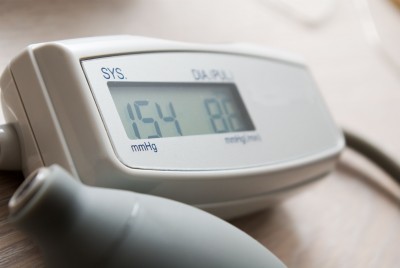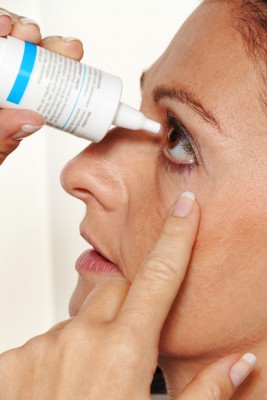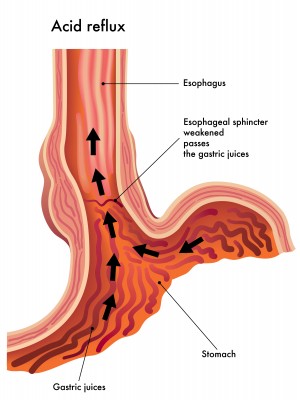
National Stroke Association in raising awareness about stroke this May.
Meet the Faces of Stroke℠, a community of stroke champions who have chosen to help raise awareness during May for National Stroke Awareness Month by sharing their personal stories and photos with the world. www.stroke.org/faces.
Stroke affects people of all ages. Get prevention tips and learn how to recognize warning signs at www.stroke.org/SYMP.
High blood pressure is a leading risk factor for stroke. Yet nearly 60 million people in the U.S. have high blood pressure and almost a third don’t know they have it! Learn tips for controlling this risk factor at www.stroke.org/risk.
Make a difference in stroke advocacy on the legislative level—join the Stroke Advocacy Network and lend your voice to an important cause. www.stroke.org/advocate.
High cholesterol is a major risk factor for stroke and a healthy diet can help you manage cholesterol levels. After having a stroke, Jim changed his diet to include more vegetables and fish. www.stroke.org/faces_jim.
People with diabetes are at an increased risk for a stroke because diabetes adversely affects the arteries. Learn more about how to prevent stroke by managing diabetes at www.stroke.org/risk.
Most strokes are preventable. Before her stroke, Kathy lived a sedentary lifestyle. Discover how she made the simple lifestyle change of incorporating exercise into her daily routine at www.stroke.org/faces_kathy.
Stroke strikes FAST and you should too! Recognizing and responding quickly to stroke symptoms can save lives. Learn how to act FAST at www.stroke.org/SYMP.
Atrial fibrillation (Afib) is an irregular heartbeat that’s sometimes called the invisible stroke symptom. Pat learned about her Afib after having a stroke and now works with her doctor to manage it to prevent future strokes. www.youtube.com/watch?v=Wu4q3IXe2QA
Stroke can happen at any age. Elijah, 9, had a stroke before he was born. With his mom’s help, he started a nonprofit that sends stuffed bears to children in the hospital to teach them about their conditions. www.stroke.org/faces_elijah
Dr. Jennifer Ackerman, Dr. Michael Ackerman, and Dr. Robert Lin of Dominion Internal Medicine want to raise awareness of stroke with this important message from http://www.stroke.org/site/PageServer?pagename=awareness.
Should you have any questions or concerns, please call us at (540) 878-5408 for more information.
Compassionate Care for a Healthy Heart, Body, and Mind









